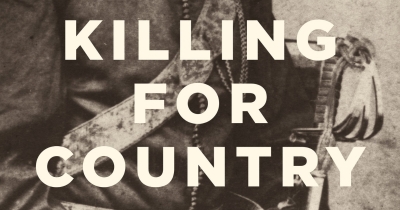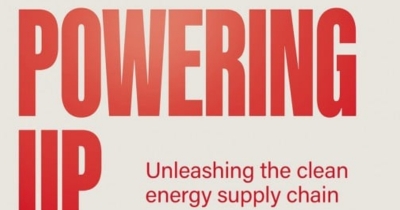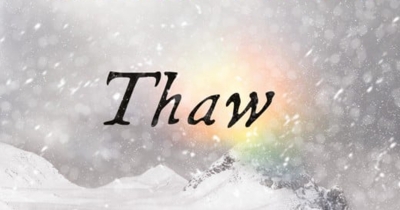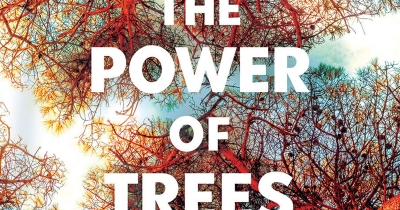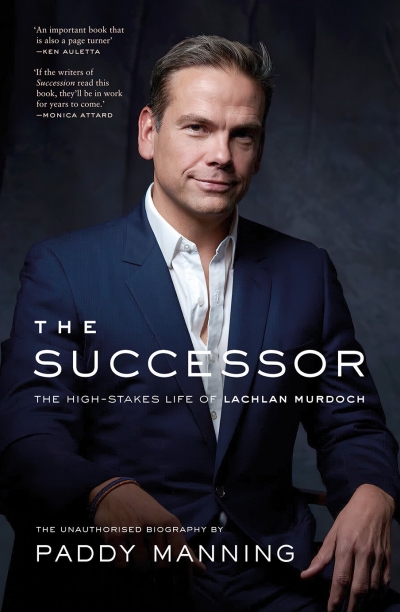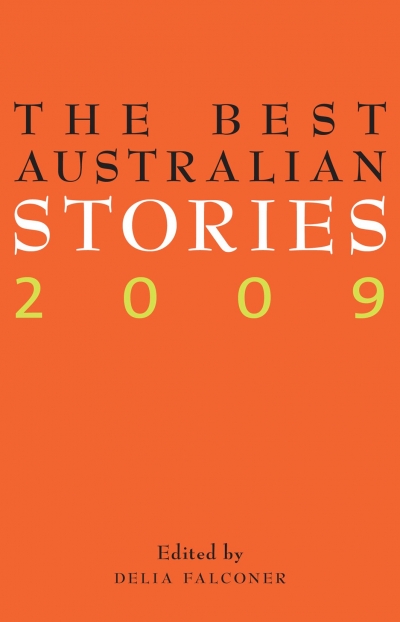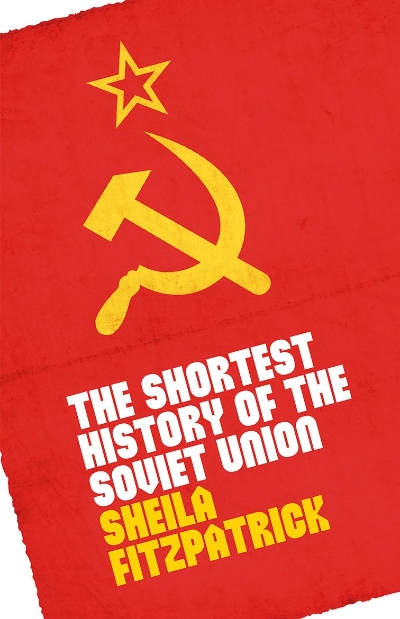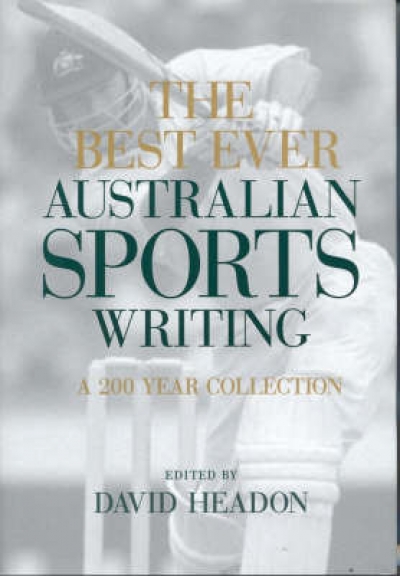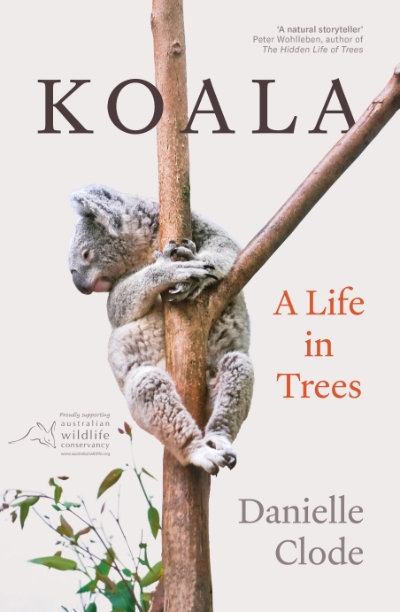Black Inc
Sign up to From the Archive and receive a new review to your inbox every Monday. Always free to read.
Recent:
Powering Up: Unleashing the clean energy supply chain by Alan Finkel
by Julian V. McCarthy •
The Power of Trees: How ancient forests can save us if we let them by Peter Wohlleben, translated by Jane Billinghurst
by Ruby Ekkel •
The Successor: The high-stakes life of Lachlan Murdoch by Paddy Manning
by Patrick Mullins •
The Shortest History of the Soviet Union by Sheila Fitzpatrick & Collapse by Vladislav M. Zubok
by Luke Stegemann •
The Best Ever Australian Sports Writing: A 200 year collection edited by David Headon
by Craig Sherborne •


